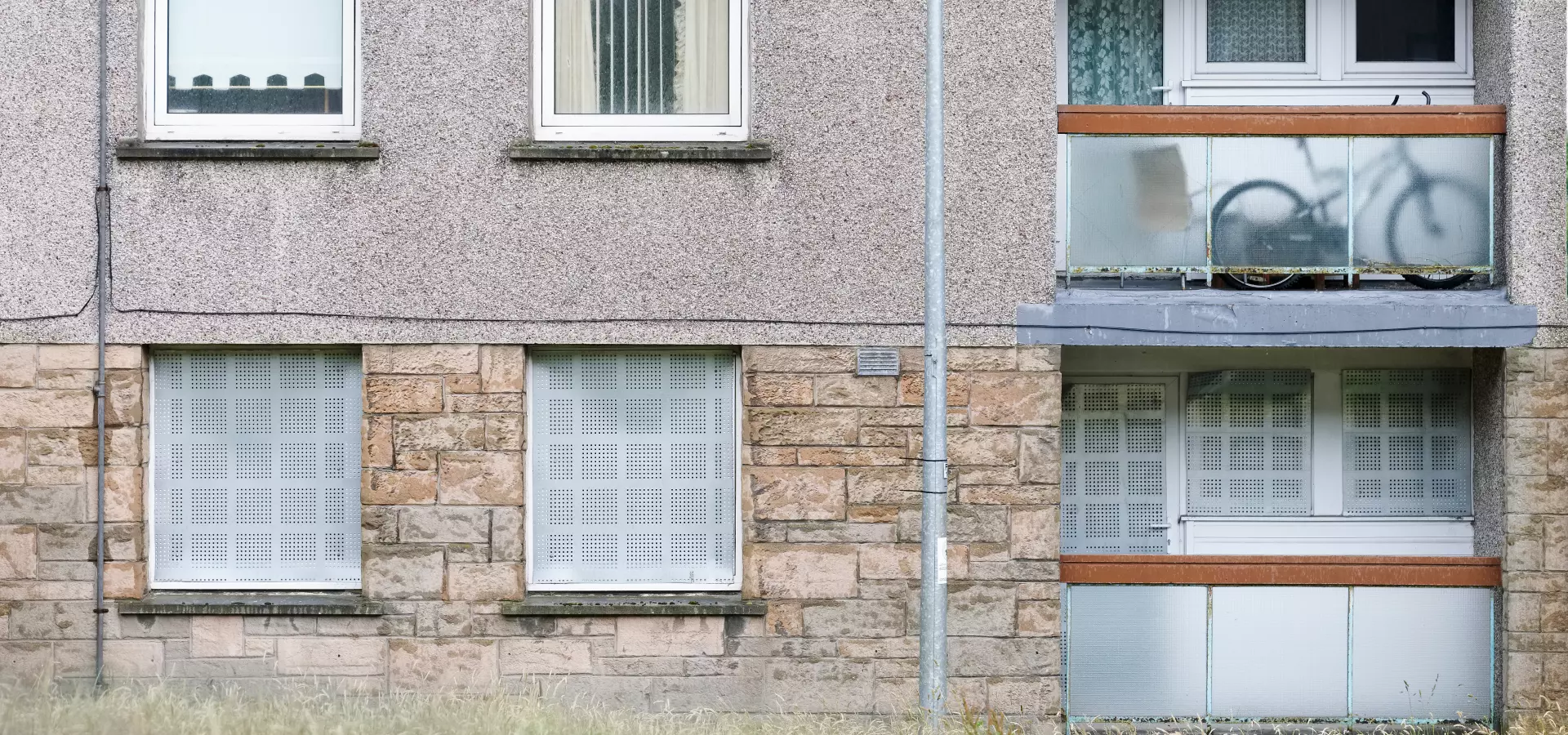
'The Scheme', Govanhill, Assets, Health Inequalities and other complexities
I don’t know if you have had a chance to catch BBC Scotland’s much debated and often maligned fly-on-the-wall documentary, ‘The Scheme’?
This hugely popular documentary followed the lives of six families on the Onthank and Knockinlaw housing schemes in Kilmarnock. The debate that surrounded the programme was often shaped by sharply opposing points of view. Was it a wake-up call to the 21st century realities of people living in poverty? Or, what Pat Kane, commentator and musician, referred to in a broadsheet article as ‘poverty porn’? The final episode was followed by a TV debate hosted by BBC Scotland’s news and current affairs broadcaster, Glen Campbell.
On a personal level, I can understand why some would see it as ‘over-the-top’, exploitative and unrepresentative of the majority of the families within the area. Nevertheless, I think it raised some important, and challenging, questions as to how we think about and deliver public services to address some of the challenges raised in this programme.
There were moments when watching ‘The Scheme’, and listening to the debate, that I felt it chimed closely with aspects of my work, as a Public Health Researcher, in Govanhill – a neighbourhood in Glasgow’s south side. Over the last 18 months, local services, such as Health, Local Authority and Housing, have come together, through a Scottish Government initiative, to learn from each other, overcome hurdles and find new ways to address the challenges facing the area.
The complex challenges shown in ‘The Scheme’ mirrored some of Govanhill’s challenges: the high proportions of poor housing, unemployment, and the cycle of alcohol, drugs and offending facing some families.
A recent Govanhill report has shown the efforts being made by local services to try out new ways of working to improve living conditions and reduce health problems in the area. New ways of working described in the report, such as ‘the Govanhill Hub’, may be less eye catching and don’t always deliver ‘quick wins’, but the Hub will at least provide lessons on how Scotland’s public services can genuinely impact on our entrenched health and social problems.
There is a pressing need for change beyond this work in Govanhill. According to the recent Christie Commission on the Future Delivery of Public Services, it has been estimated that as much as 40 per cent of all spend on interventions by public services in Scotland could have been avoided by prioritising a preventative approach. Linked to this reform agenda, there is growing importance being placed on developing an assets-based approach within public services. With community members at the centre of service reforms, a change in attitudes, values and language (from problems and deficiencies to skills and potential) is required. So too is a fresh outlook that does not see people and places as passive and disempowered but recognises their inherent strengths and resources.
Thinking about how public services can meet the challenge of these new reforms, it’s worth trying to imagine the worldview of Steven, a young man who took part in ‘The Scheme’.
Smoking a cigarette inside his family home, with visible damp and graffiti on its inside walls, Steven displayed complete candour and remarkable clarity when describing the detrimental impact of the local environment on his life.
He knew too well the impact of poor housing, the lack of job prospects as a consequence of his criminal record, deteriorating family relationships and the use of alcohol and drugs “to blank it all out…to numb it out”.
If public services are to succeed in taking forward this reform agenda, it is vital that services work more effectively on a joined-up basis, embracing an interagency ethos which feels more comfortable working together to address the complexities of a life such as Steven’s. From my work in Govanhill, I can report that the shared premises approach adopted by The Hub has been successful in embedding just such an ethos.
Within the Hub, partner agencies actually work out of the same office space, located in Govanhill, and meet every weekday at 10am to discuss and plan collective responses to new and ongoing complex issues and cases within the area. Hosted by the Govanhill Housing Association and under the stewardship of City Property, a relaxed, informal and supportive atmosphere has been cultivated within the Hub. This has proven to be a strong foundation from which collaborative working has developed and has, for the most part, been nurtured and supported by local partners. However the Hub approach has not been easy to implement and may be difficult to replicate; the interim report explores these challenges in detail.
Thinking of the development of an assets-based approach further, it is also important that services resist placing the burden of choice and change at the feet of people using their services. Instead, they should work alongside people to ensure meaningful and lasting change occurs.
If someone like Steven, with such a dispiriting view of the road ahead, genuinely ‘buys in’ to this reform agenda and feels like an active partner, then maybe we will have passed the acid-test...?